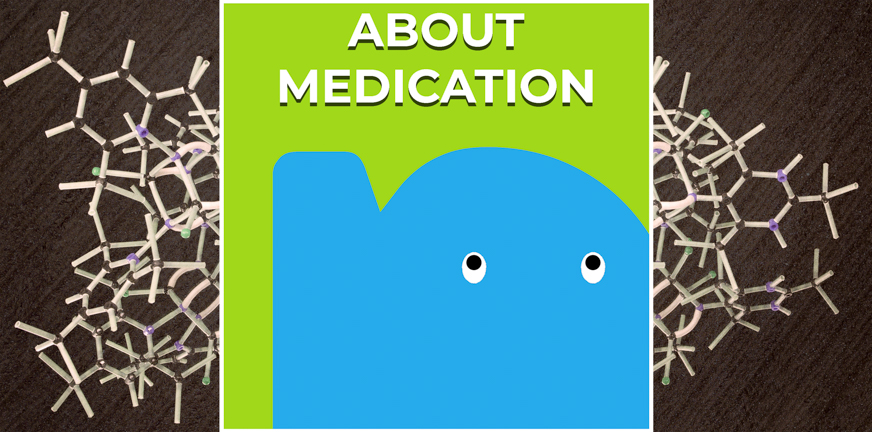
In the treatment of psychosis, mania or depression, medication is sometimes prescribed. Antipsychotics can help reduce the signs of psychosis, as antidepressants can help decrease depressive problems. Read this page to learn about medicines, taking medication, and coming off medication.
Antipsychotics
When you are having psychotic events that cause you lots of problems, a doctor might prescribe you with antipsychotics. These are used to reduce the psychotic symptoms, but sometimes are also used in treating bipolar disorder and depression.
Learn more about antipsychotics.
Antidepressants
When you are feeling down or having problems with depressive thoughts and emotions, your doctor might give you antidepressants. They affect certain chemicals in the brain, reducing depressive problems. It usually takes between two to six weeks before the medicine has the desired effect.
Learn more about antidepressants.
Benzodiazepines
Anxiety-reducing medicines are also known as anxiolytics, or anti-anxiety agents. An important class of medicines with a calming and relaxing effect are the benzodiazepines, including such medicines as diazepam (Valium) and oxazepam (Seresta). Long-term use (more than a few weeks) of benzodiazepines is strongly discouraged, as this may lead to dependence/addiction.
Learn more about benzodiazepines.
Mood stabilisers
Mood stabilisers are a kind of medicine that provide support with depression, mania or rapid mood swings. A well-known mood stabiliser is lithium, mostly used in the treatment of manic depressive disorder, also known as bipolar disorder.
Learn more about mood stabilisers.
Coming off medication
Every person responds to medication in their own unique way. While a certain medicine might work for some, others might only notice its side effects. Some have no problem with reducing their dosage, while others have lots of withdrawal effects when coming off medication. So there is no single way of reducing medication properly. But shared experiences, fundamental research outcomes and relevant information can still help you with the reduction process.




